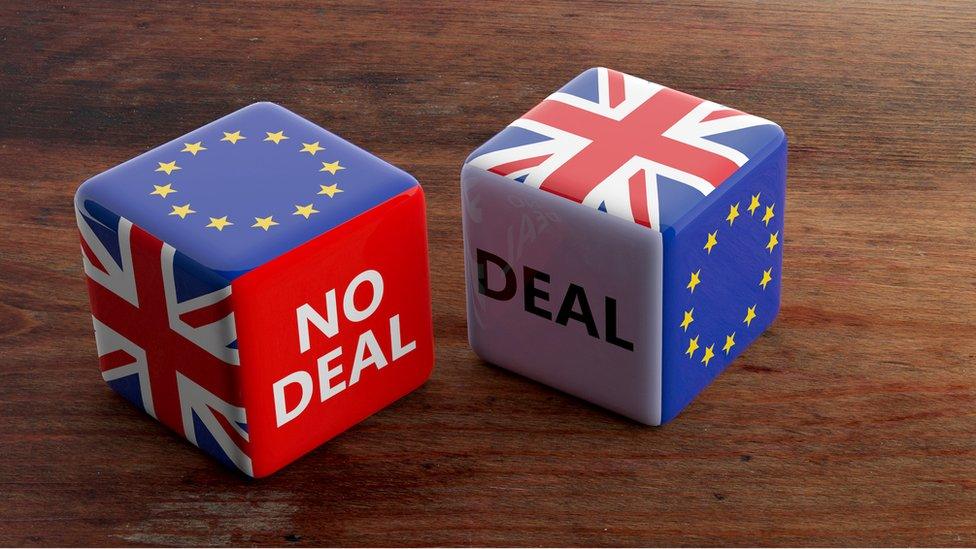Brexit: MPs reject PM Boris Johnson's second call for election
- Published
- comments
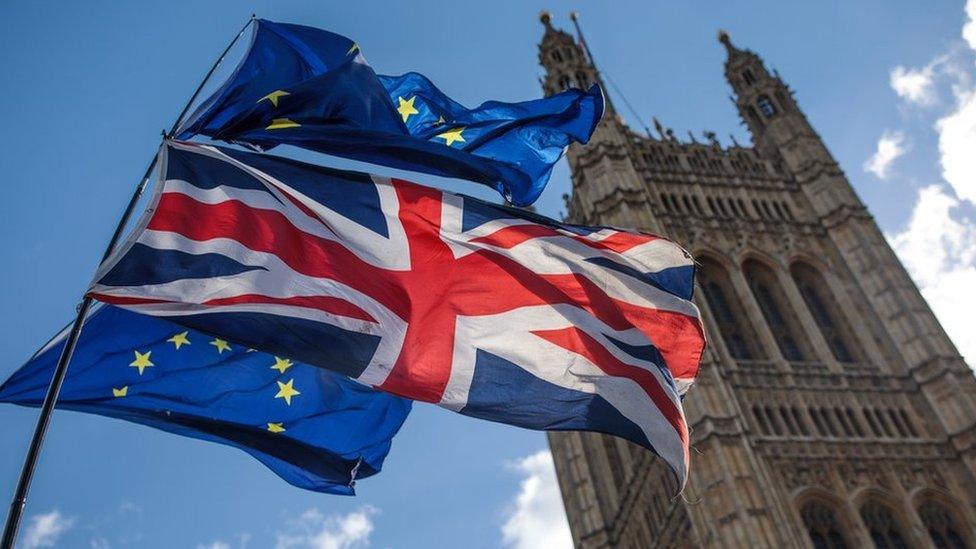
MPs have voted against Prime Minister Boris Johnson's calls for a general election for a second time.
The prime minister first called for a snap election after Members of Parliament - including some from the prime minister's own party - voted for a law or bill which would make a no-deal Brexit illegal.
The bill means that the prime minister must ask for an extension to the deadline of 31 October - when the UK is due to leave the European Union - if a deal has not been reached before 19 October.
After the bill was approved Boris Johnson said that an election would be the only way forward, but MPs have voted against this.
The latest vote against an early general election happened on Monday night, just before Parliament was suspended - or prorogued - until 14 October.
Why are MPs against a snap general election?
Brexit: What's going on right now?
Opposition parties in Parliament agreed not to vote for an election because they think it's a way for the prime minister to try to push through a no-deal Brexit.
Labour, the SNP, the Liberal Democrats, the Green Party, the Independent Group for Change and Plaid Cymru all said they would not back the PM's plans for an early election.
Brexit: What's the latest?
Labour said they would consider an election - but only when a no-deal Brexit is officially no longer an option.
Could a no-deal Brexit still happen?
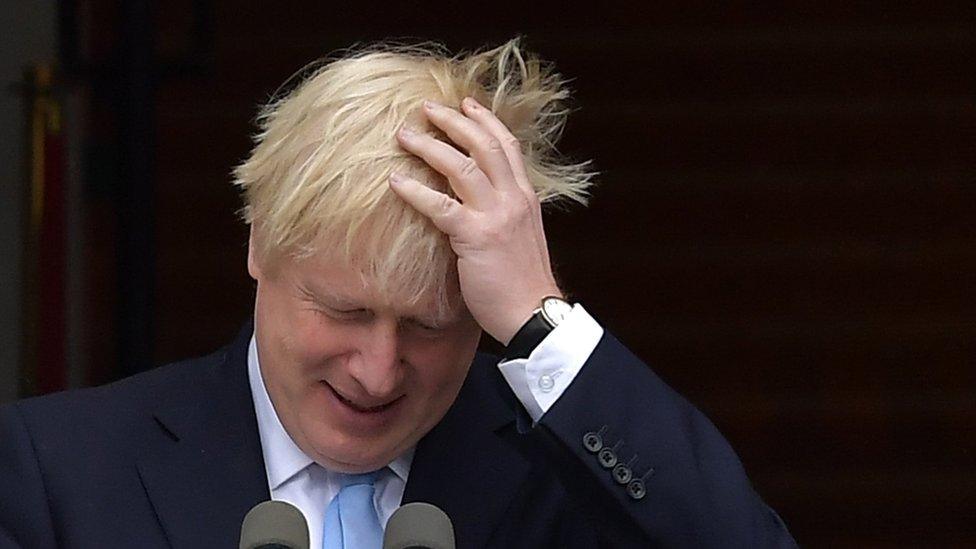
Boris Johnson promised to get Brexit 'done' by the end of October
The bill to stop a no-deal Brexit has been approved by a majority of MPs and by the House of Lords. It was then given royal assent, which means it was approved by the Queen, making it law.
If the UK can't leave the EU without a deal this potentially delays Brexit beyond the current deadline of 31 October. But this does not completely rule out a no-deal Brexit.
First, all 27 member states of the European Union would still need to approve an extension to the deadline. If just one member state doesn't agree, then the deadline will stay as 31 October.
Also Boris Johnson has repeatedly said he will not ask for an extension. He could ignore the bill but because he would be ignoring a law, this move could end up with a legal challenge in court. Some people say there is a chance the prime minister might find some way around the bill and push through a no-deal Brexit anyway.
When was parliament suspended?
Parliament was officially suspended - or prorogued - just before 2am early Tuesday morning after hours of debating and votes. It won't reopen until 14 October.
The suspension has angered a lot of people who say Parliament needs to stay open so that more time can be spent sorting Brexit out.
More than 1.7 million people had signed a petition against the suspension.
- Published28 August 2019
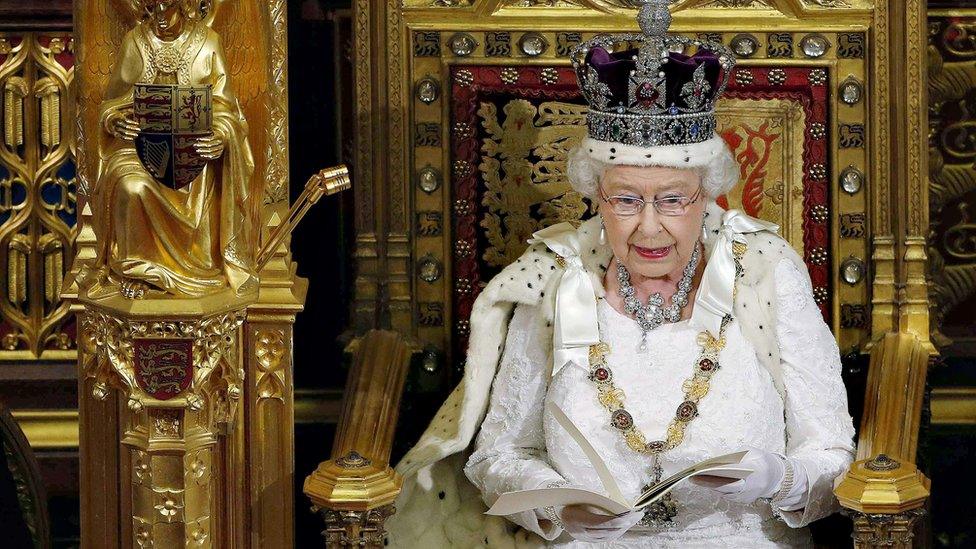
- Published3 September 2019
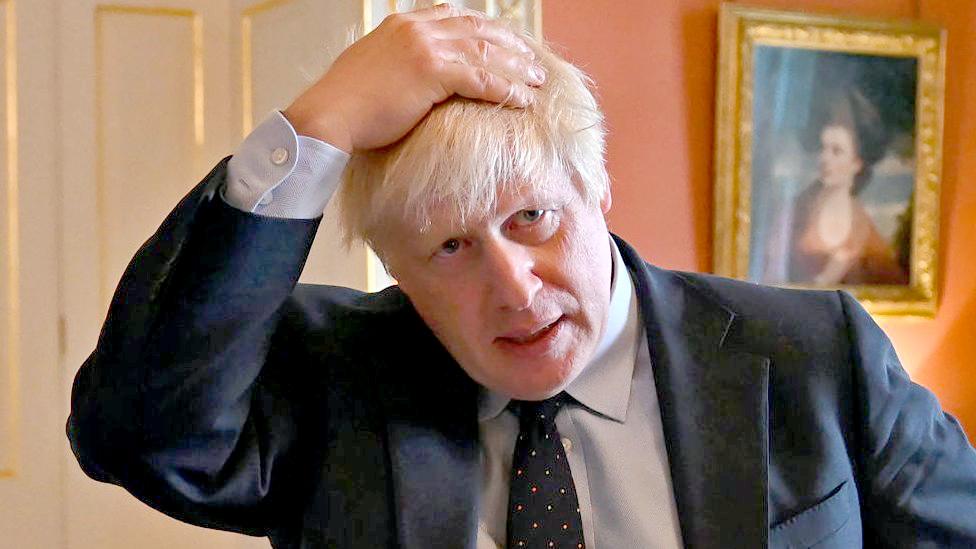
- Published23 October 2019
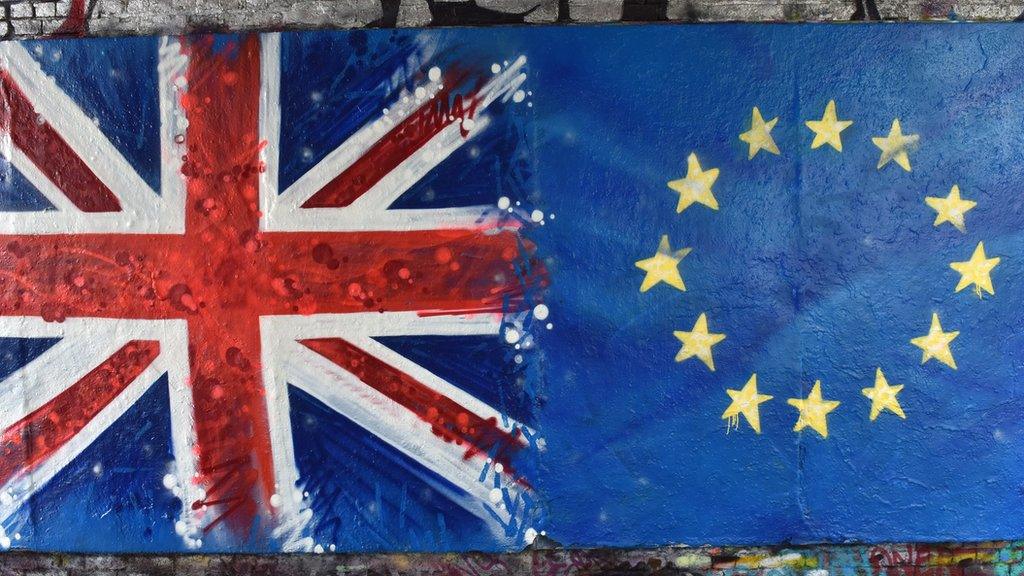
- Published16 September 2019
